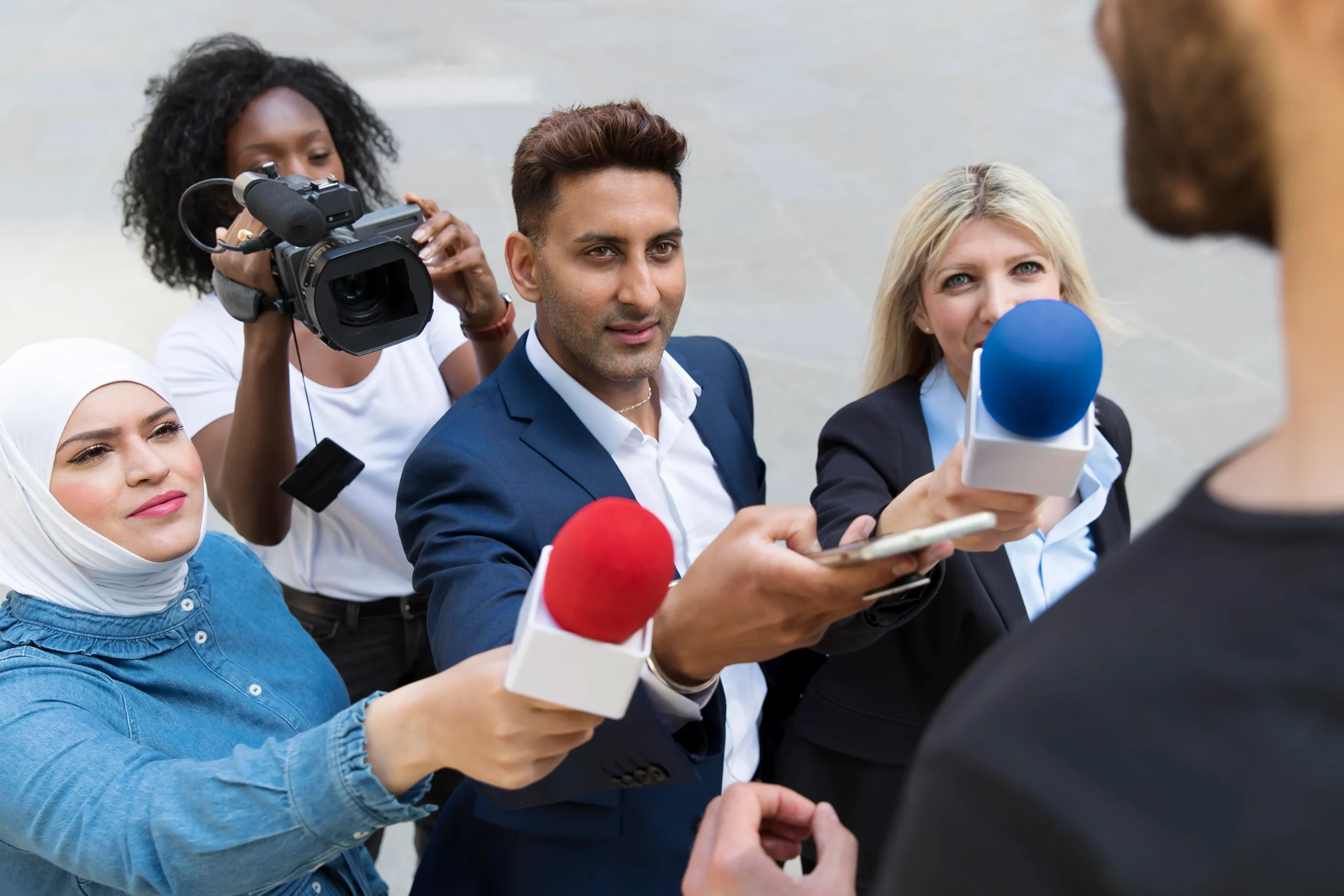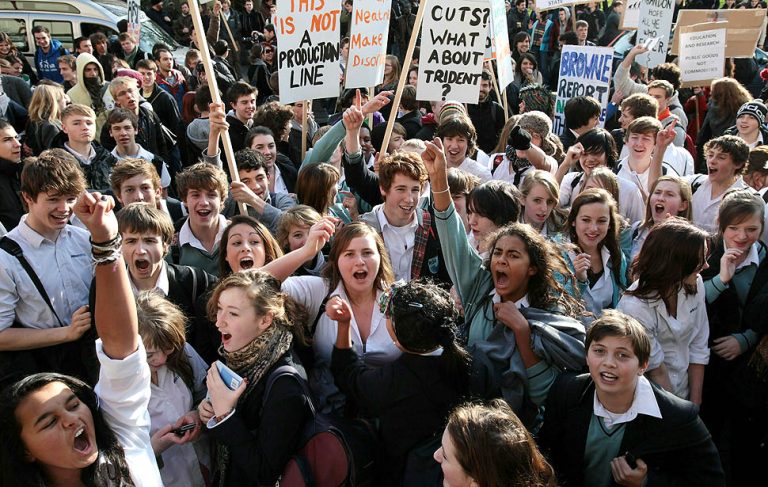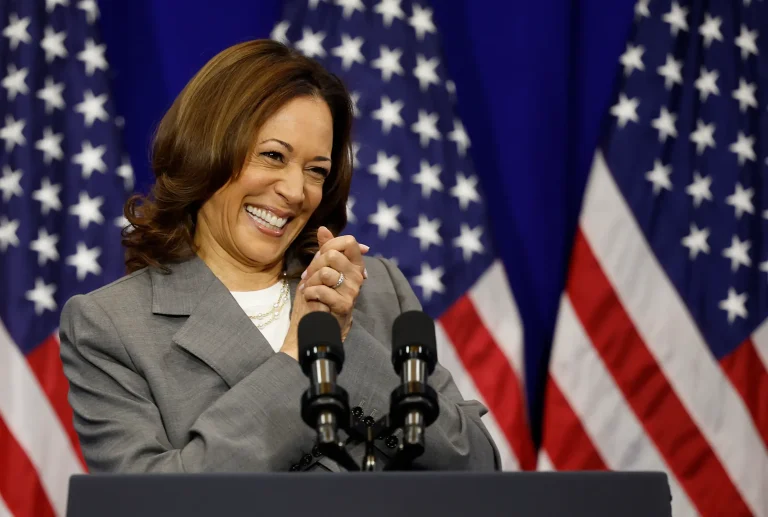In today’s digital age, public opinion has more power than ever. With social media, instant news, and global awareness, the opinions of citizens can change elections, pressure governments, and shape national laws.
But what is public opinion, and why does it matter in politics? In this guide, we’ll explain the role of public opinion in politics, how it forms, and real-world examples of its impact.
What Is Public Opinion?
Public opinion refers to the collective views and beliefs of people in a society about political leaders, government policies, or current issues. It reflects what the majority of people think, feel, and want from their government.
Public opinion is usually measured through:
- Surveys and polls
- Media reactions
- Social media trends
- Protest movements
Why Public Opinion Is Important in Politics
- Influences Elections
Voters use their opinions to choose leaders. If the public is unhappy with a leader’s decisions, it can lead to defeat in elections. - Guides Government Decisions
Politicians often change or shape policies based on public pressure, especially when large groups express the same view. - Builds or Breaks Political Trust
Strong public support increases trust in government, while negative opinion can lead to protests, resignations, or even political collapse. - Promotes Accountability
When citizens express their opinions, it holds politicians accountable. They must listen to the people or risk losing support.
How Public Opinion Is Formed
Public opinion doesn’t happen overnight. It forms through:
- News Media: TV, radio, newspapers, online portals
- Social Media: Platforms like X (Twitter), Facebook, and YouTube
- Education: Schools and universities build political awareness
- Family and Community: Opinions can reflect cultural or social values
- Political Campaigns: Rallies, speeches, and advertisements influence thinking
Examples of Public Opinion Impacting Politics
1. Arab Spring (2010–2011)
Public protests across the Middle East, powered by social media, led to major political changes and even the fall of governments.
2. Pakistan Elections 2024
Frustration over inflation and governance led to a major shift in voter behavior, showing how economic issues influenced opinion.
3. Black Lives Matter Movement (USA)
Public opinion pushed major reforms in police departments and brought global attention to racial injustice.
How Politicians React to Public Opinion
Smart politicians monitor public opinion to stay ahead:
- They track social media trends and public sentiment
- Hire public relations teams to manage their image
- Make speeches or policy changes to regain public trust
Some even avoid controversial topics if they think public opinion is against them.
The Role of Social Media in Shaping Public Opinion
Social media platforms like Facebook, X (Twitter), TikTok, and Instagram have become powerful tools for political communication.
- Speeds up the spread of news and opinions
- Allows people to join conversations directly
- Helps organize protests and movements
But it also comes with challenges:
- Fake news
- Online manipulation
- Echo chambers where people only see one side
How to Measure Public Opinion
Governments and media use different tools:
- Opinion polls and surveys (e.g., Gallup, Pew Research)
- Online sentiment analysis using AI
- Social media analytics (hashtags, likes, comments)
Example: “Who will win the 2025 elections in Pakistan?” – online polls can give a quick idea of public sentiment.
Can Public Opinion Be Wrong?
Yes. Sometimes public opinion is based on:
- Incomplete information
- Media bias
- Fake news or rumors
That’s why politicians must balance public opinion with expert advice and long-term thinking.
Conclusion: The People’s Voice Matters
Public opinion is the heartbeat of democracy. It keeps politicians connected to the people and ensures that leadership reflects the will of the majority.
In 2025, as communication becomes faster and information more available, public opinion will continue to be one of the most powerful forces in politics.




very informational contents